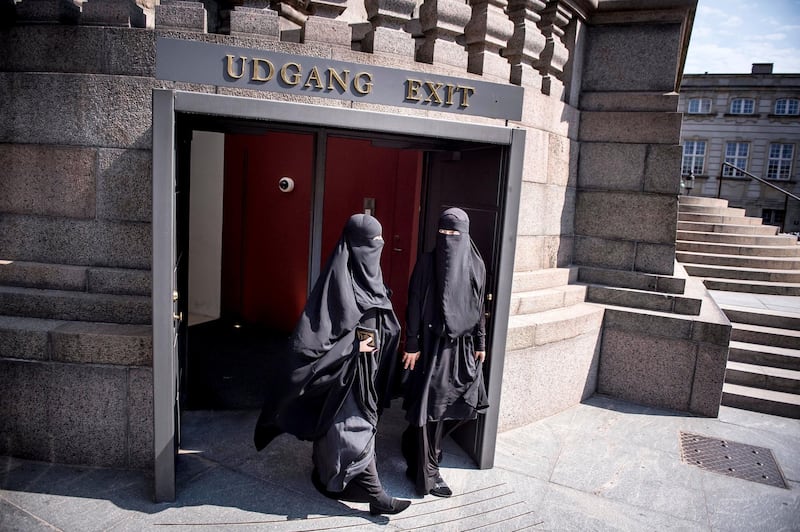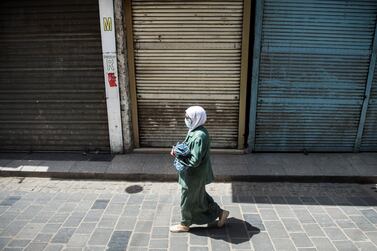Germany’s third-largest state has banned full-face coverings for all schoolchildren.
Baden-Wuerttemberg, in the south-west of the country, introduced the ruling on Tuesday.
State Premier Winfried Kretschmann risked a backlash and a legal challenge after other states were prevented from imposing similar measures.
Mr Kretschmann said it was rare for pupils to wear burqas but that a ban was still required.
Germany has been debating veils in schools since February after a court in Hamburg overturned a ruling by the city’s education authorities to bar a pupil from wearing one.
The ban will be in place in primary and secondary schools.
The state's Minister of Culture, Susanne Eisenmann, announced in February that she wanted to introduce a ban after the court ruling in Hamburg because it showed the need for a "legally watertight regulation" to enforce it.
“The current court decision from Hamburg makes it clear that a legal basis is required for a ban for reasons of legal certainty,” Ms Eisenmann said at the time.
“For this reason, we want to quickly amend our school law.
“Religious freedom also has its limits, specifically at our schools, when teachers can literally no longer look at each other’s faces. We do not tolerate full veiling at our schools.”
The Hamburg court said there was “no legal basis” for the ban.
“The student can claim the unconditionally protected freedom of belief," it said.
Germany is divided over the issue, with supporters of a ban claiming it was necessary to “protect girls”.
Julia Kloeckner, a member of Chancellor Angela Merkel’s Christian Democrats, supports a ban.
But Filiz Polat, a migration policy spokeswoman for the Greens’ parliamentary group, said people being able to wear religious symbols was a feature of a democratic society.
Last year, a YouGov poll found that 54 per cent of respondents in Germany would support a ban on burqas.
Full-face veils are banned in the Netherlands, France, Denmark and Austria.







